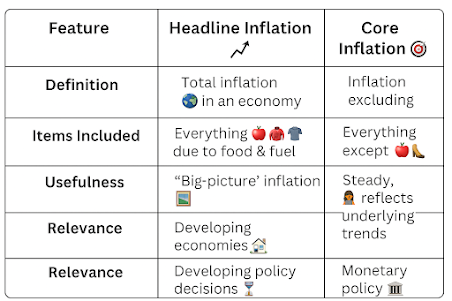The Hunger Hotspits are the areas which are likely to see the acute food insecurity increasing during the outlook period.
According to the state of food security and Nutrition in the world, every year ,thus most intensely scrutinized of FAO's repirts presents the headline number of undernourished people around the world.
The repirt says that the world is moving backwards in its efforts to end hunger,food insecurities and malnutrition in all its forms.
The countries which are under glibal hunger hotspits are as following:-
1) Yemen: Yemen has been facing the worst humanitarian crisis in the world, with an estimated 20 million people in need of assistance. The conflictbetween the government and Houthi rebels has disrupted food production, distribution, and access, forcing many people to rely on aid. Other factors contributing to the severity of hunger in Yemen include high levels of poverty, inflation, and limited access to clean water .
2) South Sudan: South Sudan has been facing a severe food crisis due to ongoing conflict, displacement, and natural disasters. The country has been in a state of civil war since 2013, which has disrupted agriculture, displaced millions of people, and limited access to food and basic services. The country has also been affected by droughts and floods, which have further damaged crops and livestock.
3) Somalia: Somalia has been facing recurrent droughts and conflict, which have contributed to the severity of hunger in the country. The ongoing conflict has displaced thousands of people, disrupted food production, and limited access to aid. The country has also been affected by locust swarms, which have damaged crops and exacerbated food insecurity.
4) Syria: Syria has been facing a severe food crisis due to ongoing conflict and displacement. The conflict has damaged infrastructure, disrupted food production and distribution, and limited access to basic services. The country has also been affected by droughts, which have further damaged agriculture and livestock.
5) Venezuela: Venezuela has been facing a severe economic and political crisis, which has led to high levels of inflation, poverty, and food insecurity. The country has been affected by a shortage of basic goods, including food and medicine, due to limited imports and political instability.
Overall, the severity of hunger in these regions is due to a combination of factors, including conflict and displacement, natural disasters, economic instability, and limited access to basic services. Addressing these underlying issues requires a comprehensive and long-term approach that involves addressing the root causes of hunger and investing in development programs that improve access to food, water, and basic services.



Comments